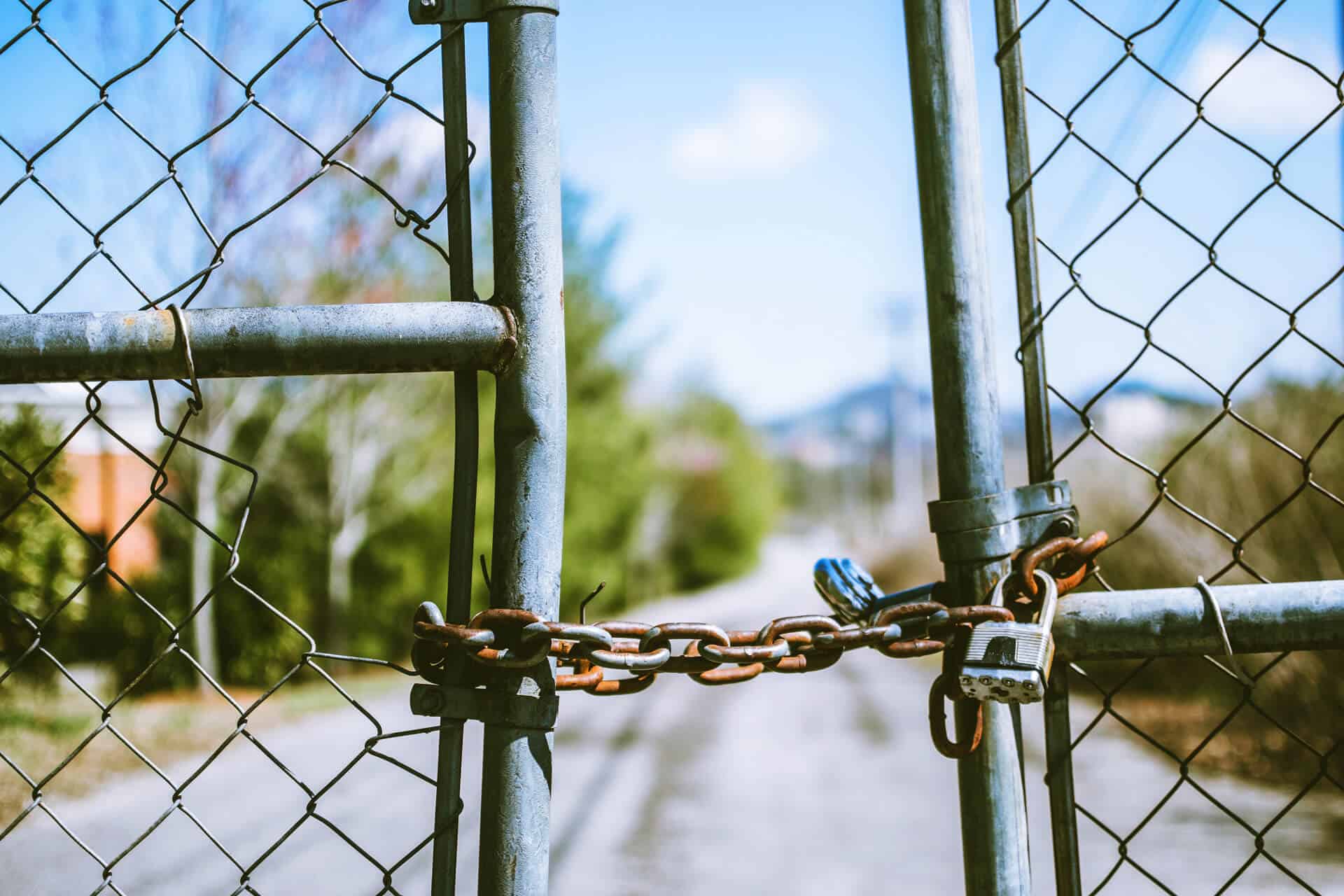The franchisee as the weaker party
Is the relationship between a supplier and a distributor similar to the relationship between a franchisor and franchisee? The District Court of Rotterdam, ECLI:NL:RBROT:2022:11463, ruled on this on 28 December 2022.
The issue concerned an agreement to distribute construction products. These products had been developed by the claimant. The defendant wanted to distribute the products. To this end, the parties entered into a distribution agreement.
However, the results of the collaboration were disappointing. The supplier demanded compliance with the distribution agreement. The distributor defended itself by making a comparison with the protection that a franchisee has as a “weaker party” in the event of incorrect forecasts. The distributor stated that it had entered into the agreement on the basis of incorrect assumptions and that the supplier had violated its pre-contractual information obligation. The distributor would have erred. The court did not follow the distributor’s reasoning.
The comparison that the distributor makes with franchise agreements and the jurisprudence about incorrect forecasts when entering into such an agreement does not hold. In franchise agreements, the franchisee is generally the weaker party, who has few options when entering into the franchise agreement to check (or have checked) the information provided by the franchisor about the franchise formula. In the present situation, the defendant is rather the stronger party who simply had the opportunity to conduct thorough research into the alleged potency of the product. For that reason alone, the situations are not at all comparable.
The court confirms that the franchisee can be regarded as a relatively “weaker party” in relation to the franchisor. Legislative history also shows that the franchise relationship is, in a sense, intrinsically unequal. This is not the case in the relationship between the supplier and the distributor, according to the court. This underlines the distinctive importance of the franchise agreement.
Ludwig & Van Dam lawyers, franchise legal advice.
Do you want to respond? Then email to dolphijn@ludwigvandam.nl

Other messages
Obligation to sell back at the end of the franchise agreement
Franchise agreements sometimes provide that the franchisee is required to sell back purchased assets at the end of the franchise agreement.
Supermarket letter – 20
Uncertain legal position of Emté franchisees
Position of franchisees in franchisor restructuring
Franchisees must be adequately and generously informed in advance by the franchisor about the content and consequences of (further) agreements...
Interview Franchise+ – mrs. J. Sterk and AW Dolphijn – “Reversal of burden of proof in forecasts approved by court” – February 2018
The new Acquisition Fraud Act indeed appears to be relevant for the franchise industry, according to this article from Franchise+. Alex Dolphijn of Ludwig & Van Dam assists a franchisee in a
Article Franchise & Law No. 7 – Franchise agreement as general terms and conditions
Uniformity of the franchise formula and (therefore also) uniformity of the agreements with the franchisees will often be of great importance to the franchisor.
The franchisee’s customer base
If the partnership between a franchisee and a franchisor ends, the question of who will continue to serve the customers may arise.






